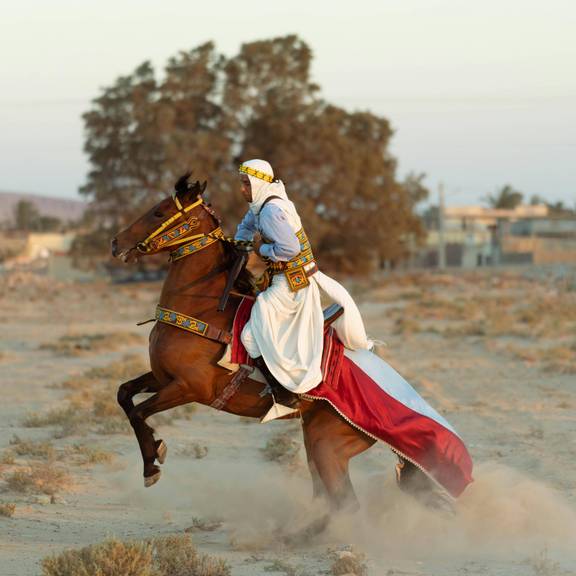Tunisija
Galvaspilsēta
.
Valoda
.
Valūta
.
Vietējais laiks
09:20
Kafijas izmaksas
. per cup
Temperatūra
- -


Tunisia – a place where time moves in i
There are countries where the day starts on a strict schedule, but in Tunisia, time follows its own rhythm. The day truly begins only after the coffee is sweet and the steam from the mint tea has faded.
On the sands of Hammamet, time slows down, and the streets of Sidi Bou Said glow with colors no filter can capture. In the markets, bargaining happens with the heart, not a calculator. When asked, “When will it be ready?” the answer is always, “Inshallah.”
New cafés and art galleries blend with ancient traditions — alongside harissa, you’ll find vegan dishes, and QR codes help curious visitors learn more.
Tunisia doesn’t rush. Here, peace, history, and the future meet at their own pace. Everything gets done at the right time.

Sun, Sand & Mediterranean vibe
Tunisia’s beaches offer golden sands, turquoise waters, and a pace of life so unhurried that even the ticking of a clock feels visibly slower. The northern coastal resorts — Hammamet, Sousse, and Monastir — account for more than 60% of the country’s tourist accommodation and are known as calm alternatives to the crowded beaches of Southern Europe.In Tunisia, no one feels the need to rush or worry about “making the most” of their holiday. Here, everything flows naturally and at its own rhythm — you read your book in a sun lounger, listen to the sea breeze, and watch fishermen quietly heading out to sea. This slow and gentle pace is exactly why millions of Europeans keep coming back, year after year.

Spicy escape, sweet aftertaste
Tunisian cuisine is a vibrant blend of Mediterranean simplicity, North African spice, and a touch of French culinary finesse. It all begins with harissa — a fiery chili paste that flavors nearly every dish, from soups and meats to salads and fresh bread. Staples like fricassee street food, fresh seafood, slow-cooked lamb, and sweet dates form the foundation of local fare. Tunisians cherish wandering bustling markets and bargaining as much as long, heartfelt meals. While mint tea is a daily comfort, special moments call for sweet wine or aromatic coffee. Here, food is more than sustenance — it’s an essential part of culture and every holiday.

From Carthage to the edge of the Sahara
Tunisia is a land where history is alive at every turn. Ancient Carthage recalls a time when much of the Mediterranean was ruled from here. The El Djem amphitheater is one of the best-preserved Roman arenas, often compared to Rome’s Colosseum. Sidi Bou Said, with its white houses and blue shutters, feels like walking through a postcard, offering stunning Mediterranean views.
In southern Tunisia, explore the troglodyte homes of Matmata and Berber villages where life has barely changed for centuries. Kairouan, a key city in Islam, charms with its quiet courtyards and historic mosque.
In Tunisia, you can journey through ancient civilizations, Islamic golden ages, and French colonial heritage—all in one day. Here, history isn’t distant; it’s part of every street and scene.

Where Shopping Feels Like a Show
People don’t just go to Tunisia to sunbathe—they come to haggle and soak in the full experience. In the souks, or markets, every seller is a master of their craft, and every deal is a little drama filled with laughter and cleverness. Fixed prices don’t exist here; the real skill is in the art of bargaining.
What can you find? Rugs that took years to weave, pottery, silver jewelry, leather bags, spices, and sweet dates—sometimes even something whose purpose remains a mystery at first.
The medina of Tunis feels like an Arabian fairy tale full of scents and colors, while Kairouan and Tozeur are quieter but just as authentic. Here, more than just goods are sold—you buy moments, stories, and a slower pace of life. You might go to the market to see a rug and come back with a whole new perspective on life.
Ierašanās
Ierašanās
naktis
Izbraukšana
Izbraukšana